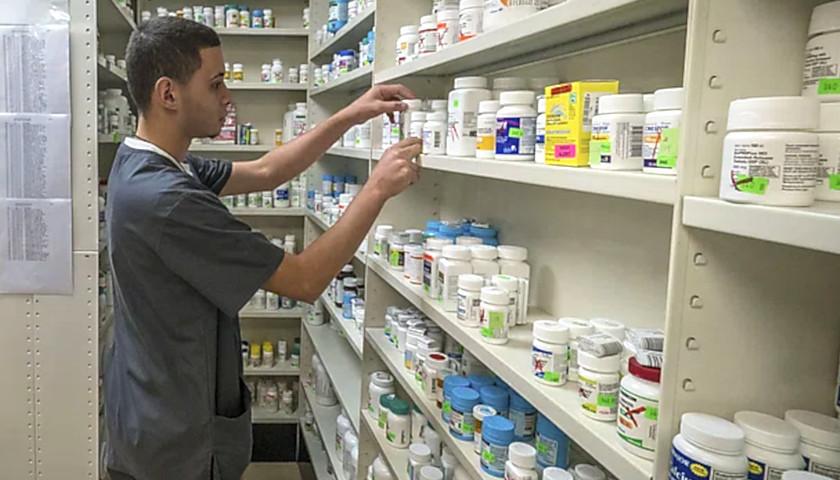by Andrew Powell
A report by the U.S. Department of Health and Human Services Office of the Inspector General says Florida failed to comply with state requirements for its foster care system regarding prescription drugs.
According to the report, Florida failed to comply with requirements for documenting psychotropic and opioid medications prescribed to children living in the Florida Safe Families Network (FSFN), which is also a federal requirement in order to receive funding.
During a review conducted by the U.S. Food and Drug Administration, it was found that the combined use of psychotropic and opioid medications can seriously harm or cause the death of those taking them. The FDA further found that a lack of oversight regarding opioid medications can result in dependency and addiction, especially in children.
In response, the Inspector General conducted an audit and found that children in some cases had little oversight while in FSFN and eligible children prescribed these medications were not accurately documented in the state’s child welfare information systems.
The report shows that between 2019 and 2020, Florida’s child welfare system had 55,429 children prescribed antidepressants and non-stimulants, 45,657 children prescribed stimulants, 42,416 children prescribed antipsychotics, 16,664 children prescribed anticonvulsants, 1,515 children prescribed lithium, and 744 children prescribed sedative-hypnotics.
Out of the 16,130 children in the care of the FSFN who were eligible for federal funding, 3,994 children were prescribed one or more psychotropic or opioid medications while in foster care. Of those children, 3,754 had been prescribed psychotropic medications, 146 had been prescribed opioid medications and 94 children had been prescribed a combination of both.
The report also states that 163,477 psychotropics and opioid medications were prescribed for those 3,994 children between 2019 and 2020, with 99% of those medications being psychotropics, while the remaining 1% were opioids.
A total of 115 children who were prescribed psychotropics and opioid medications were used as a sample size in order to conduct the audit. For those 85 children prescribed psychotropics, 36 children were not recorded in FSFN.
Another 56 children did not have their medication logs maintained in FSFN, and 33 children’s medical authorizations were missing. The report also states that 57 out of the 60 children prescribed opioid medications were not recorded in FSFN.
The Inspector General recommended that Florida provide training on medication management and administration to child protective investigators and caseworkers and coordinate with the Florida Agency for Health Care Administration to allow access to Medicaid data for children in its care.
– – –
Andrew Powell is a contributor to The Center Square.





